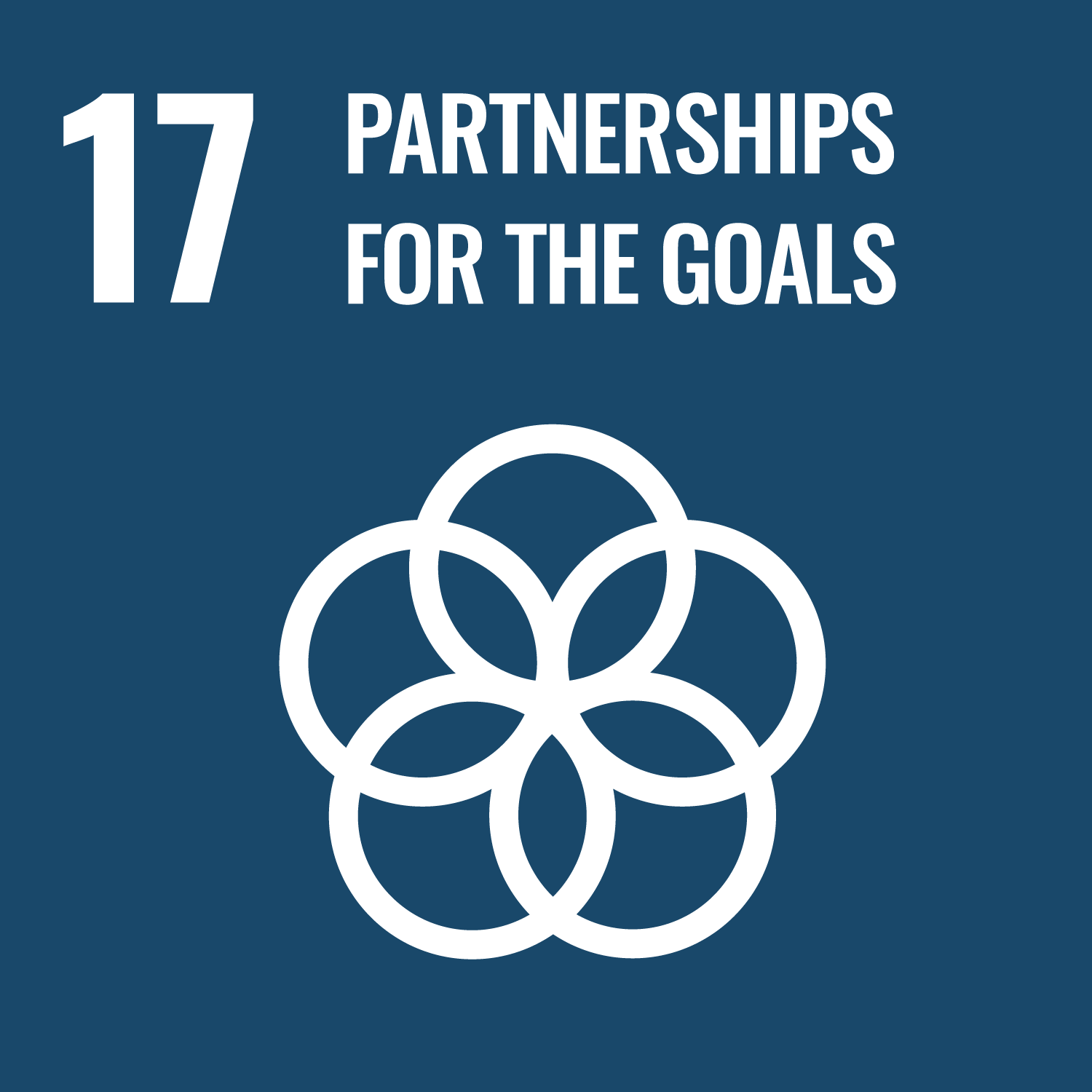The Lesotho Data for Sustainable Development
Challenges
The quality and availability of socioeconomic data to inform policy and facilitate resource planning, prioritization and allocation are a major development challenge in Lesotho. The Bureau of Statistics (BOS) is mandated to produce national statistics in collaboration with other agencies within the National Statistical System. But absence of institutional alignment often leads to overlaps and contradictory results, thus hampering the access to and comparative use of data across the several institutions involved in data collection, analysis and management.
Moreover, Lesotho’s weak capacities in terms of human and technical resources limit the use of statistical evidence in national development processes. In order to promote credible and consistent information in Lesotho, standardizing processes and ensuring that data collection abides by statistical norms are required. Provision of technical support to ministries and development agencies, and building the capacities of the BOS also need to be reinforced.
Towards a Solution
The Lesotho Data for Sustainable Development project aims at assisting the Government of Lesotho in the collection, analysis and dissemination of development data, and building institutional and technical capacities for effective and accountable management of development programmes. The project intends to strengthen national and sectoral capacities to generate and utilize data, to facilitate programme monitoring and evaluation, and to advocate for evidence-based planning and results. The project is expected to drive the realization of the national, regional and global targets as enshrined in the National Strategic Development Plan and the Sustainable Development Goals, by promoting the availability of quality data, and strengthening leadership and stakeholder coordination in the collection, dissemination and use of development data. The project encompasses three interrelated components- the definition of systematic tools for measuring development programmes; the promotion of literacy and innovations for data collection, dissemination and use; and the reinforcement of national leadership, institutional and technical capacities for effective coordination and sectorial engagement.
In the key area of capacity building, a Capacity Plan was elaborated for the identification of critical areas for improving competences, particularly at BOS, to produce quality data and improve data use. To this end, the project has promoted a series of thematic visits and short courses in other African countries, in partnership with the following entities:
- The Tanzania National Bureau of Statistics, regarding methodology designs for horticulture-production surveys;
- Statistics Mauritius, regarding the design of questionnaires, reporting and overall data-reliability procedures for continuous multipurpose household surveys;
- The University of Pretoria (South Africa), regarding the implementation of outcome-based monitoring and evaluation;
- Stellenbosch University (South Africa), regarding public-sector monitoring, evaluation, accountability and good governance;
- The Uganda Bureau of Statistics, regarding the improvement of the Consumer Price Index (CPI) and the Producer Price Index (PPI); and
- The Uganda Prisons Services, regarding the production of high-quality correctional statistics.
The BOS has already incorporated many lessons learned through these South-South knowledge- and experience-exchange activities. For example, it has revised its tools for the planned agricultural census, updated methodological aspects of the CPI’s calculation and produced Lesotho’s first report on PPI. Moreover, to address challenges related to access to data, the BOS has upgraded its Open Data Portal (with the support of the African Development Bank), thus facilitating the production of customized reports, analysis and disaggregation, and enabling the development of district-specific data profiles.
Contact Information
Name: Mabulara Tsuene Title: Programme Specialist, UNDP Lesotho
Countries involved
Mauritius, South Africa, Uganda
Nominated By
China Institute for South-South Cooperation in Agriculture (CISSCA)
Supported By
European Commission and UNDP
Implementing Entities
Ministry of Development Planning of Lesotho, through the Bureau of Statistics (BOS) and the Department of Monitoring and Evaluation
Project Status
Completed
Project Period
11/2016 - 12/2019
Primary SDG
16 - Peace and Justice Strong Institutions
Secondary SDGs
17 - Partnerships for the Goals
Primary SDG Targets
16.3 16.6 16.7Similar Solutions







